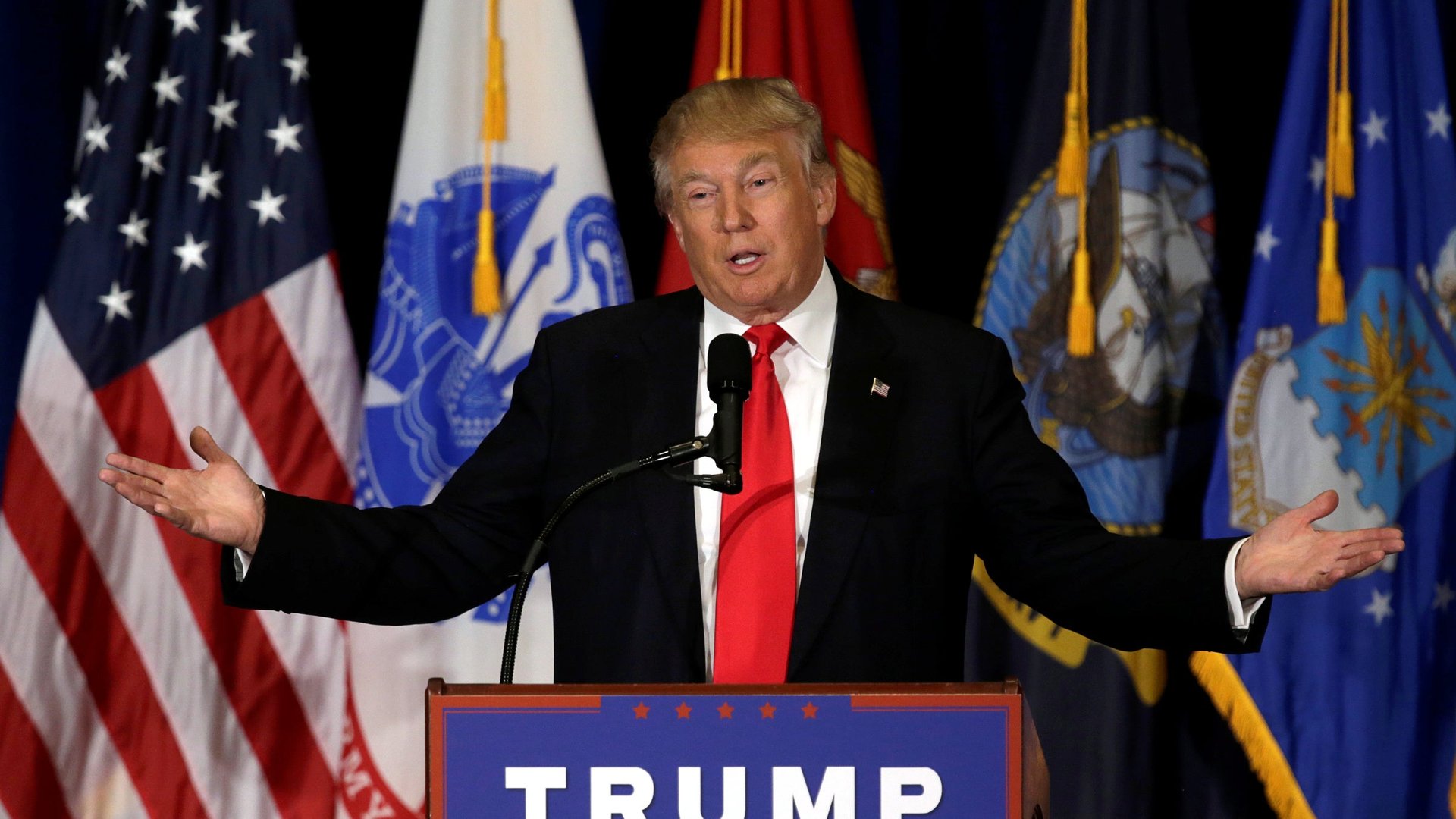After Nice, Trump “emotionally reacted,” snubbed his VP, fundraised and went on O’Reilly instead
Can Donald Trump pass the commander-in-chief test? An erratic 24 hours has put his ad hoc leadership style during a crisis on full display.


Can Donald Trump pass the commander-in-chief test? An erratic 24 hours has put his ad hoc leadership style during a crisis on full display.
Following the horrific attack on Bastille Day revelers in France last night, Trump flailed in TV interviews and announced that he would postpone deciding on his vice presidential pick, even as the likely man, Indiana governor Mike Pence, idled in a Manhattan hotel.
The next morning, campaign chairman Paul Manafort said that Trump “emotionally reacted to [the attack], it really bothered him, and he felt the pain, just felt it was not right to do something self-serving and political the day after.” Hours later, Trump tweeted out the confirmation that Pence would be his VP, announcing a news conference for Saturday.
Trump’s decision to postpone his announcement and then do it anyway immediately recalled Senator John McCain’s decision to suspend his campaign during the 2008 financial crisis, a decision later seen as erratic and reinforcing of concerns about the “maverick” candidate’s steadiness.
Trump, even as he said it would be “totally inappropriate” to hold a press conference the day after the attack, went on Fox News for two interviews with Bill O’Reilly to blame president Barack Obama and Hillary Clinton for the attacks. He also complained about the US spending too much money on NATO. Later, he headlined a fundraiser in Los Angeles, where 200 donors paid hundreds of thousands of dollars to hear the nominee speak and enjoy a “dinner of pan-seared salmon and fresh fig salad.”
Clinton, meanwhile, released a statement saying “every American stands in strong solidarity with the people of France, and we say with one voice: we will not be intimidated.” She also called in to O’Reilly’s show, but the discussion was markedly different, as she outlined a plan to strike back against ISIS, though the terrorist group still has not been confirmed as being behind the Nice attack.
“American troops, we have about 5,000 in Iraq,” Clinton told the pugnacious O’Reilly. “We have Special Forces operating in both Iraq and Syria. We have been able to get the Iraqis, the Kurds, and others to do a much better job of fighting…as we take territory back from ISIS forces, they will try to engage in other terrorist attack…so we’ve got to go after their headquarters.”
Given Trump’s willingness to carry on with other parts of his campaign, many wondered if the famously indecisive candidate held off on announcing his VP pick because he was unsure of his choice.
Pence, well-liked by the conservative establishment, has had major public disagreements with Trump and represents a tack to the right rather than a move to broaden Trump’s appeal ahead of next week’s Republican convention. Conventions are typically both a candidate’s introduction to the broader American electorate, and their only real chance to position themselves for the duration of the race.
Whether Trump was merely exploiting a terrorist attack to cover his own hesitancy to lock onto a running mate, or simply was confounded by the events on a global stage, there doesn’t appear to be much method behind the madness.
The move certainly won’t dispel the concerns articulated by a who’s-who of Republican national security experts in a letter last month in which they opposed Trump’s candidacy and feared he would worsen the problems of Islamic terrorism.
“Not all lethal conflicts can be resolved as a real estate deal might, and there is no recourse to bankruptcy court in international affairs,” they wrote.